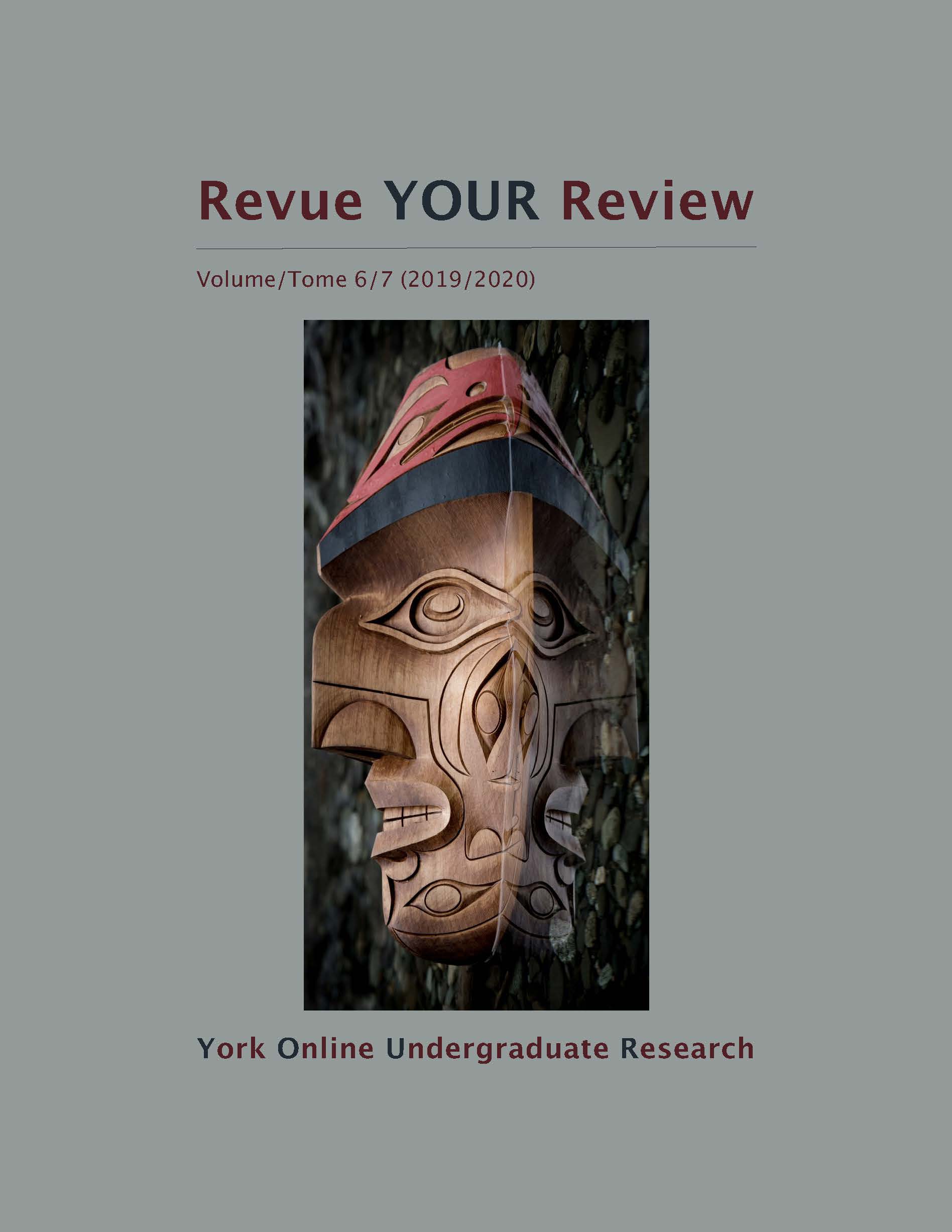The Power of Education: Comparing Implicit Stigma Toward Mental Health Care in Psychology and Non-Psychology Students
Mots-clés :
stigma, mental health care, stereotypes, implicit attitudes, Implicit Associations TestRésumé
Fewer than a third of people living with mental health problems reach out for professional help, which could be due, in part, to negative stigma toward mental health issues. Typically, stigmatization toward any issue decreases as individuals gain more familiarity and knowledge about them. In this study, we measured whether students studying psychology have less implicit negative bias toward seeking psychological care. We adapted the Implicit Association Test (IAT) to evaluate how psychology and non-psychology students react to stereotypes against seeking out psychological care. Specifically, we measured and compared how easily these students classify words related to personality traits and to activities within stereotyped categories (i.e., care-seeking activities coupled with negative traits such as counselling-antisocial) and within non-stereotyped categories (i.e., care-seeking activities coupled with positive traits such as counselling-sociable). As expected, all students were faster at classifying items within the stereotype-congruent category. However, psychology students were not as affected by the stereotype non-congruent category: pairing positive attributes to care-seeking activities did not slow psychology students as much. These results suggest that exposure to psychology courses contributes to reducing implicit biases against mental health care. It is hoped that the 2020 Covid-19 pandemic will promote awareness about mental health issues, which in turn will decrease negative stigma toward mental health care.
Téléchargements
Publié-e
Comment citer
Numéro
Rubrique
Licence
© Alaina Thomas, Nicole Maina, Stacy Chiu, Christopher Lee-Kwong, Katie Liu 2020

Cette œuvre est sous licence Creative Commons Attribution - Pas de Modification 4.0 International.
Les auteurs qui contribuent à la Revue YOUR Review acceptent de publier leurs articles selon une des trois catégories de la licence 4.0 : Creative Commons Attribution 4.0 International; Creative Commons Attribution-Pas d'Utilisation Commerciale 4.0 International; ou Creative Commons Attribution-Pas de Modification 4.0 International. Tout contenu éditorial de ce site ainsi que les affiches et les résumés sont sous la licence Creative Commons Attribution-Pas de Modification 4.0 International. Pour plus d’informations, veuillez voir :
https://creativecommons.org/licenses/
Dans tous les cas, les auteurs conservent leurs droits d’auteurs et concèdent à la Revue YOUR Review le droit de première publication. Les auteurs peuvent, par la suite, conclure d’autres accords de distribution non exclusifs de la version publiée dans ce périodique (par exemple, l’afficher à un dépôt institutionnel ou le publier dans un livre ou dans un autre périodique) à condition que la reconnaissance fasse mention de la publication originale dans la Revue YOUR Review.


